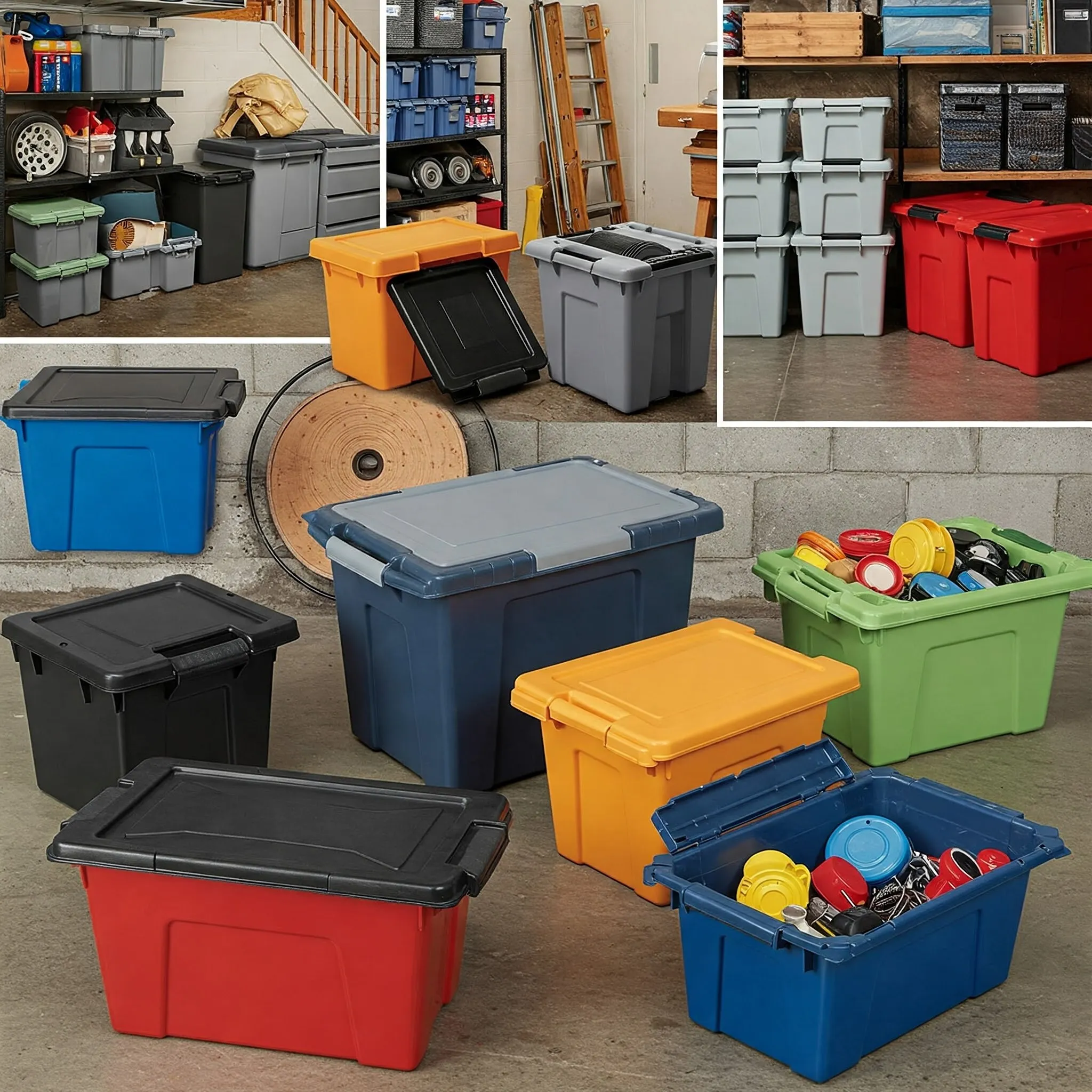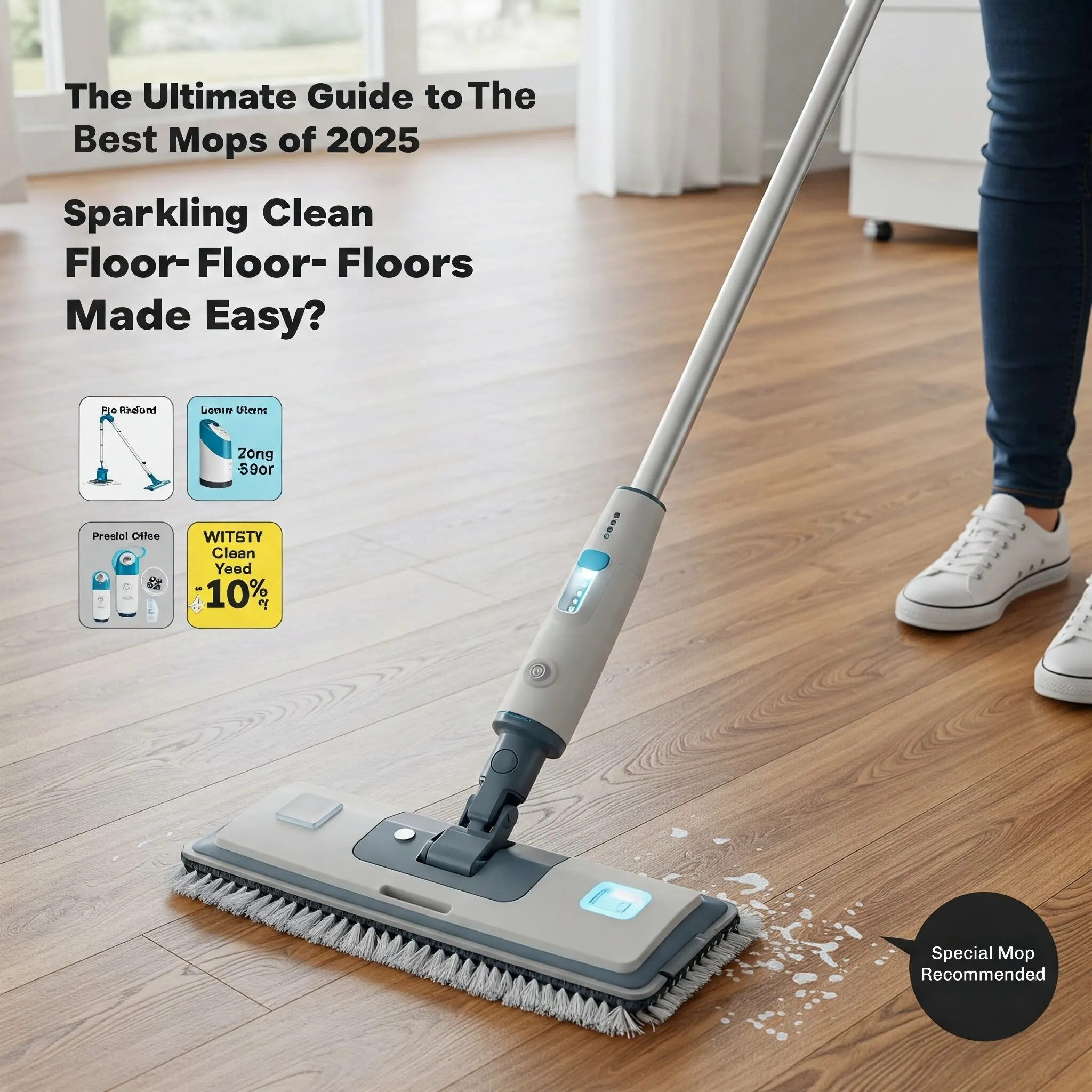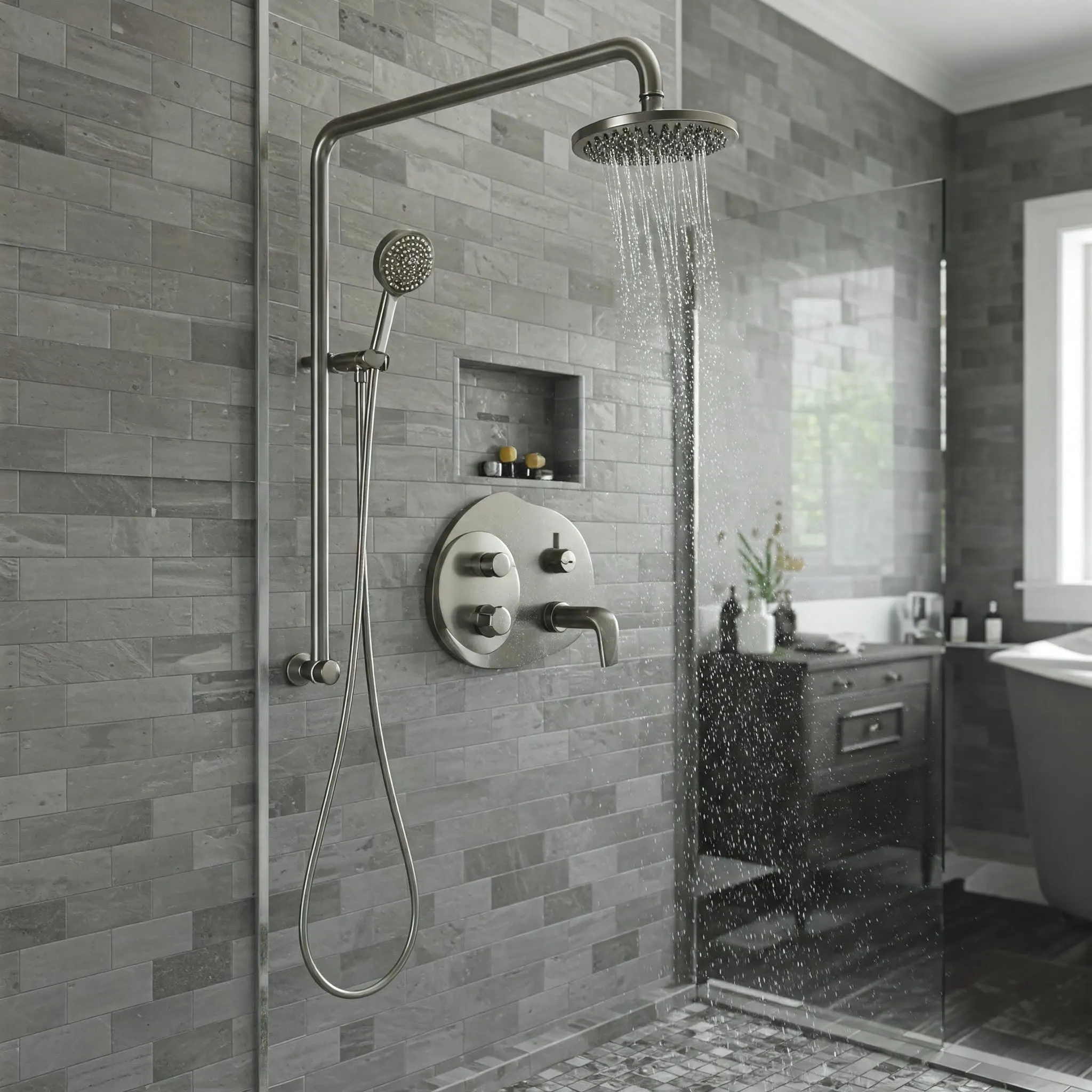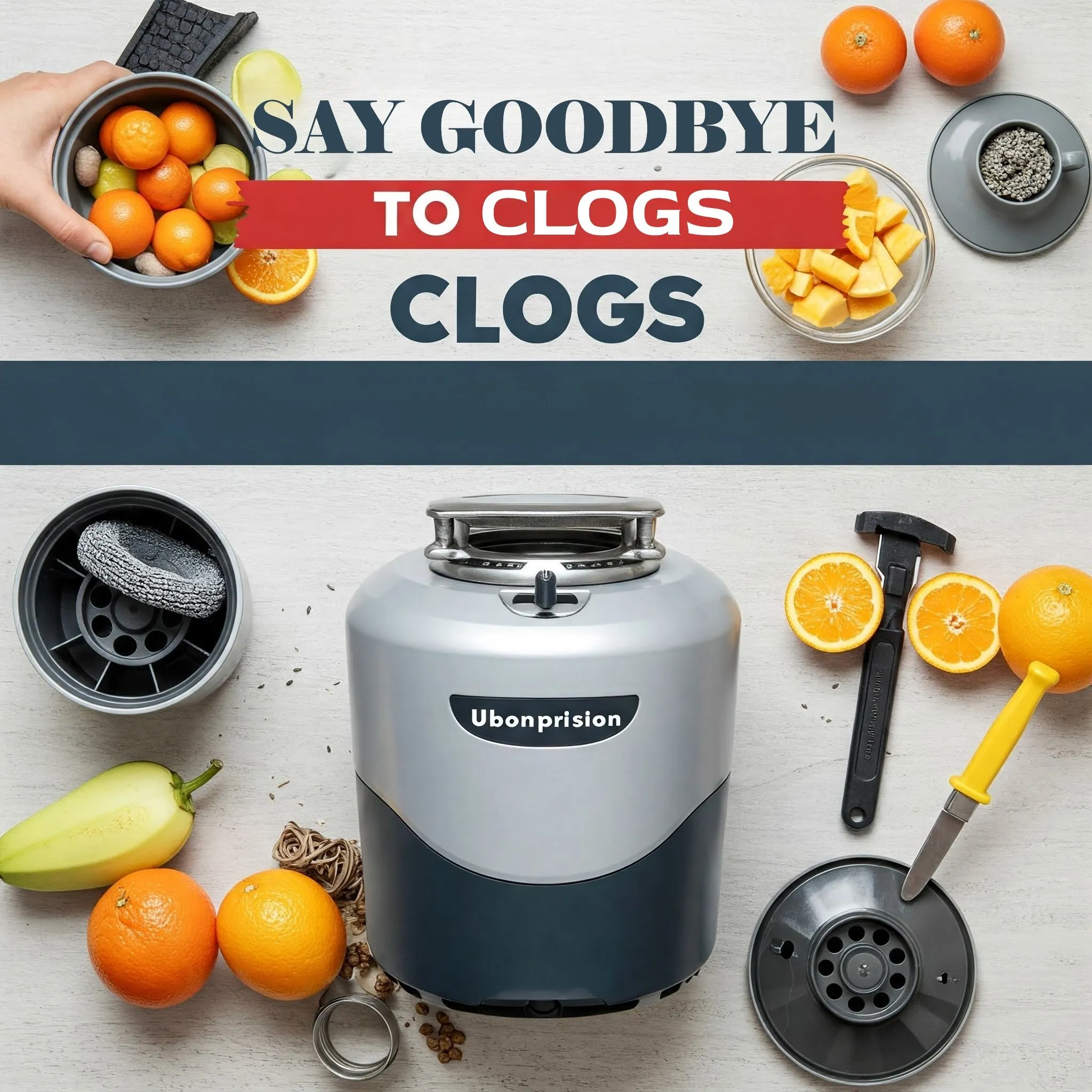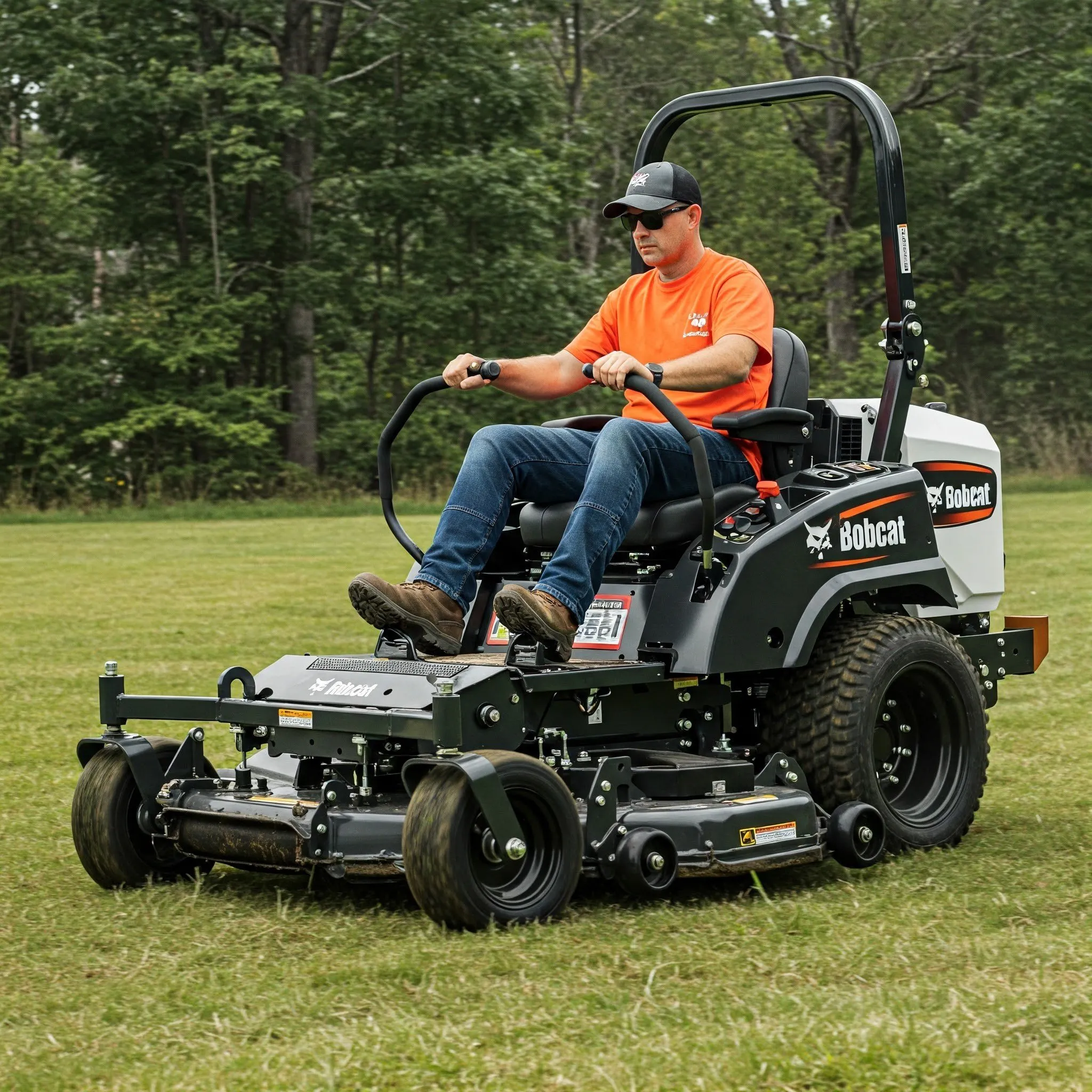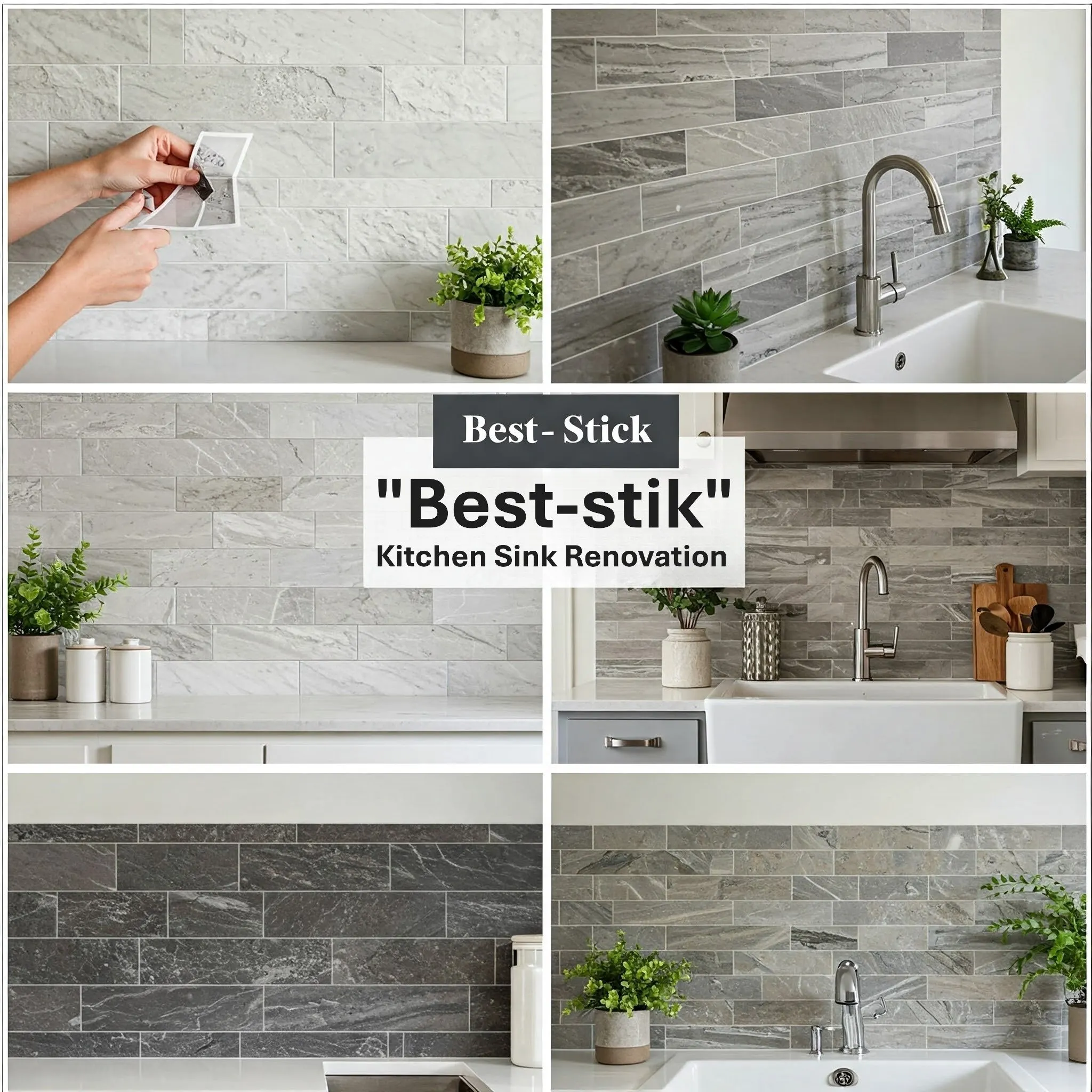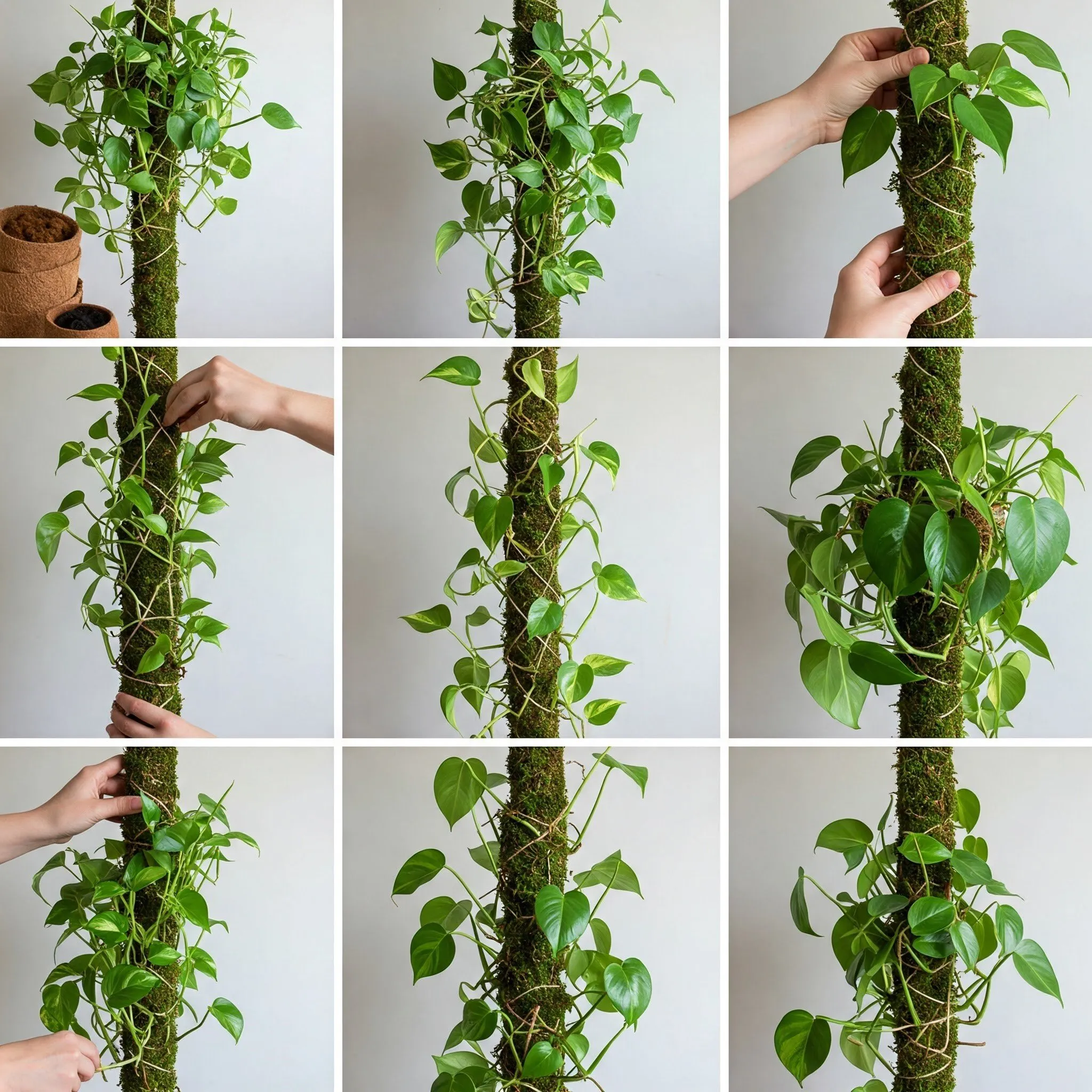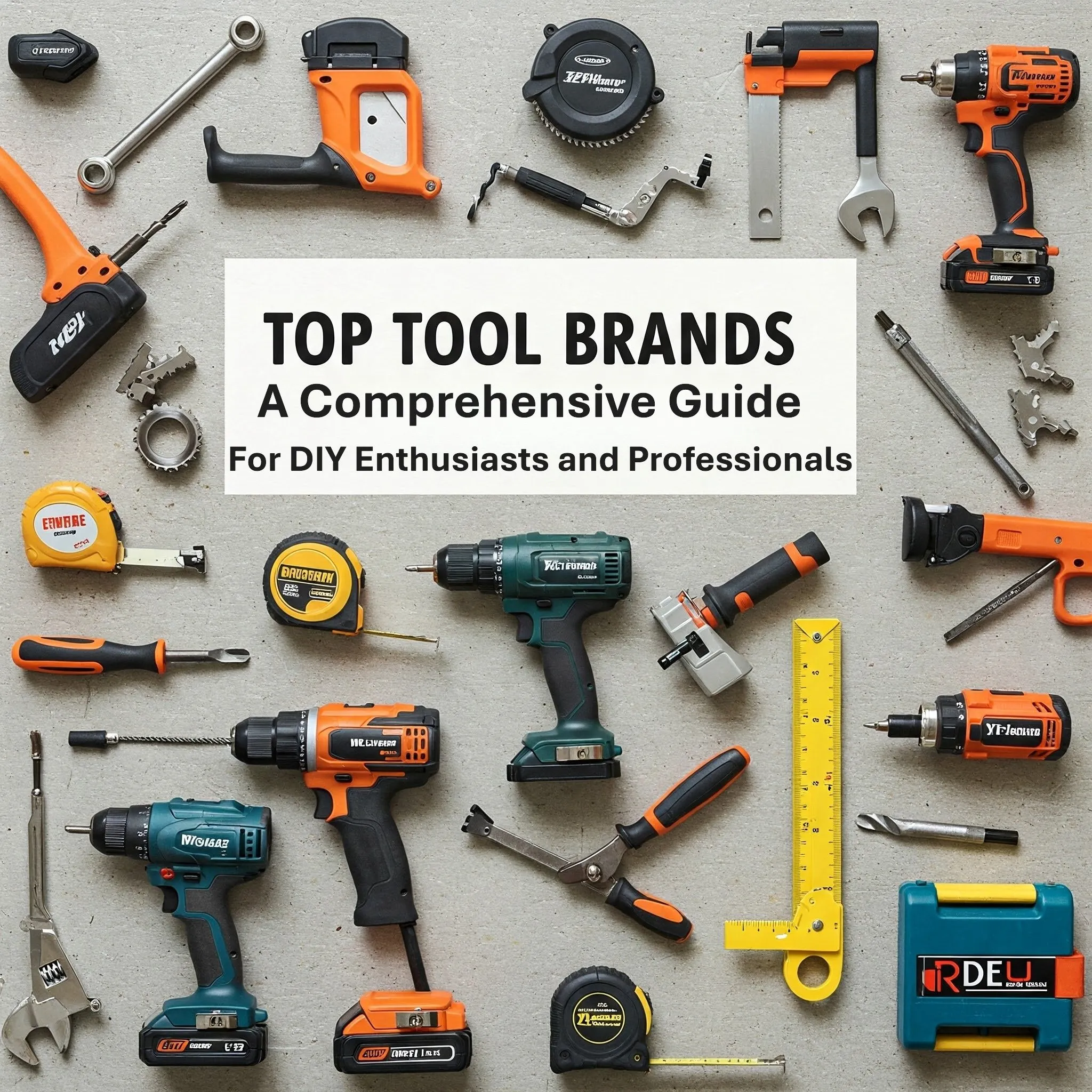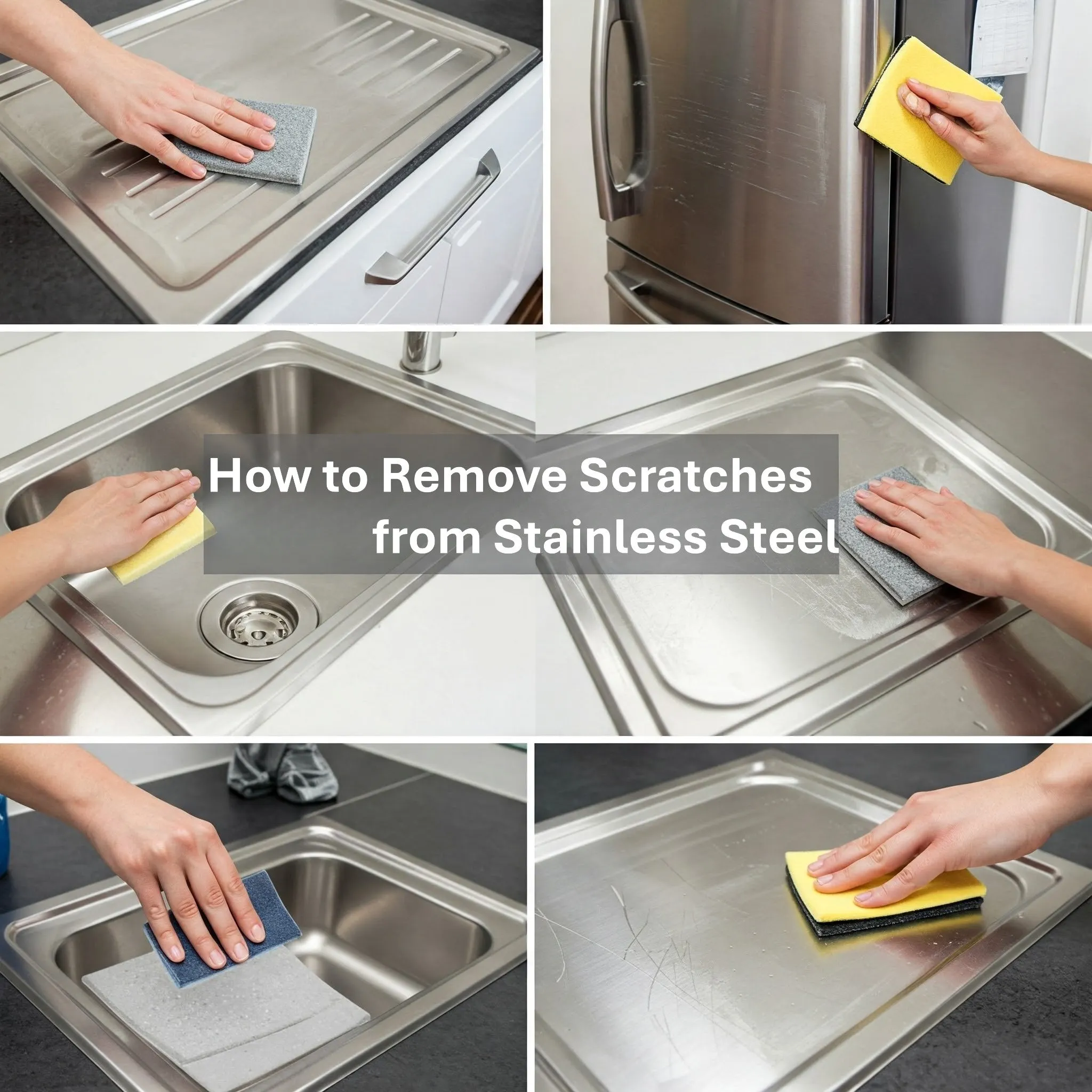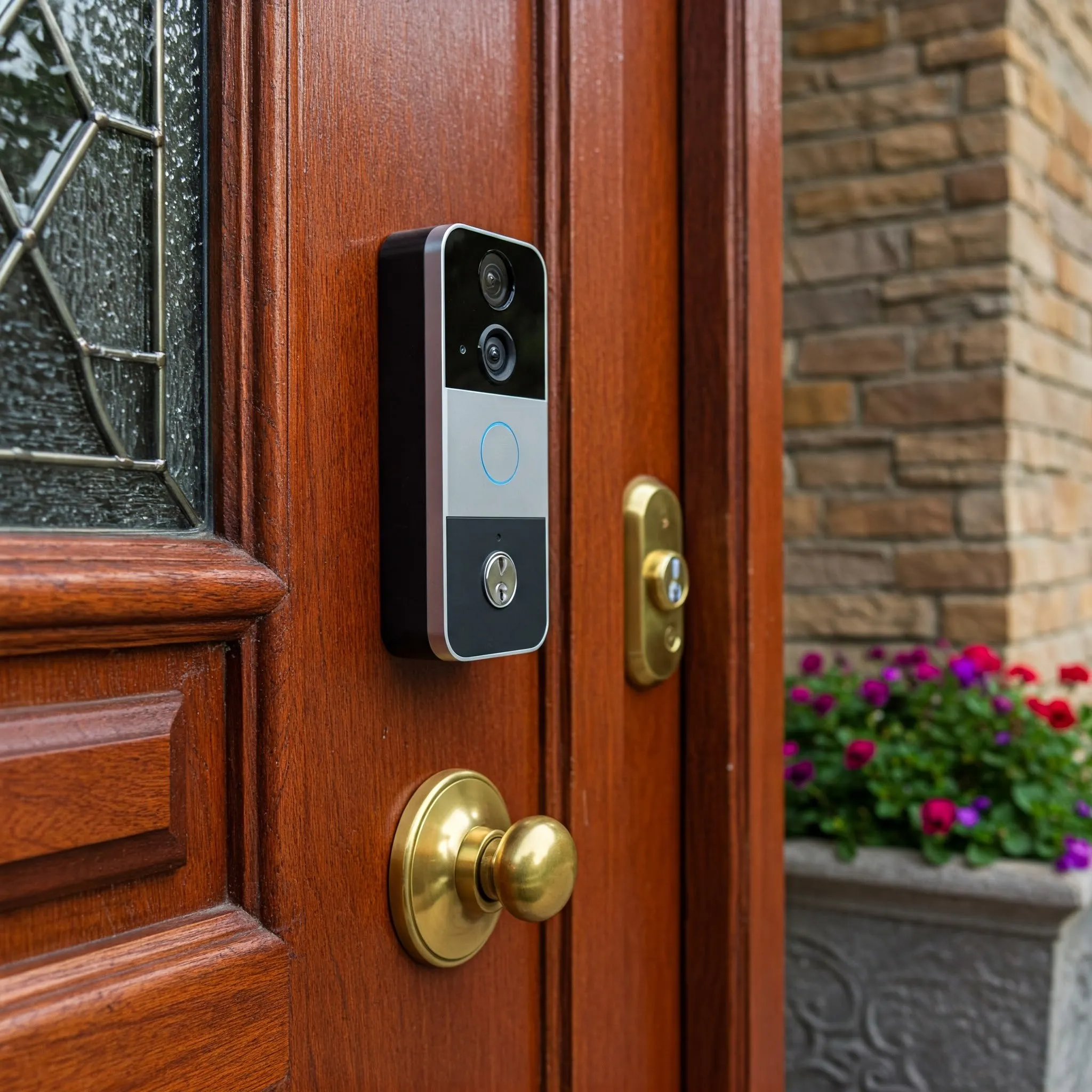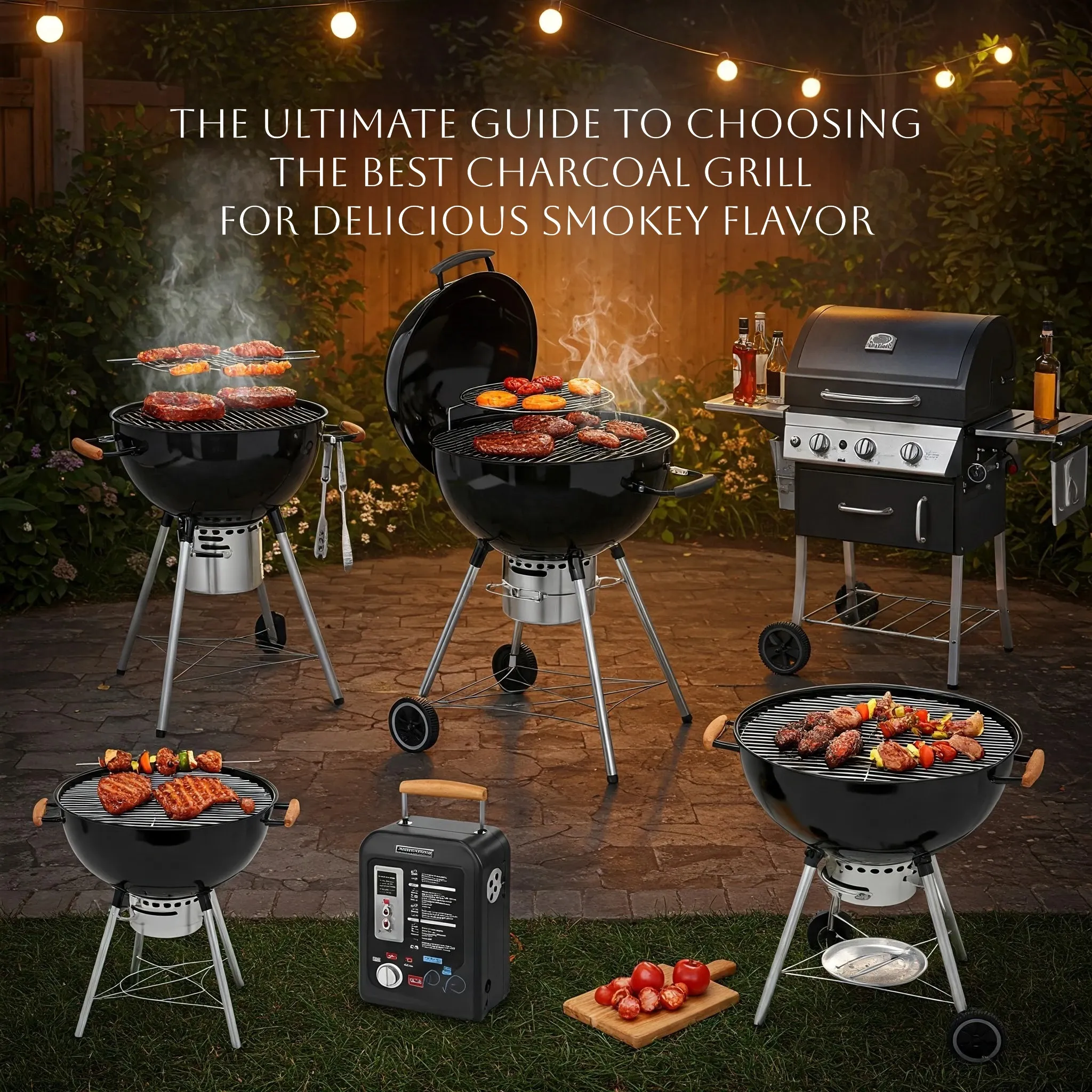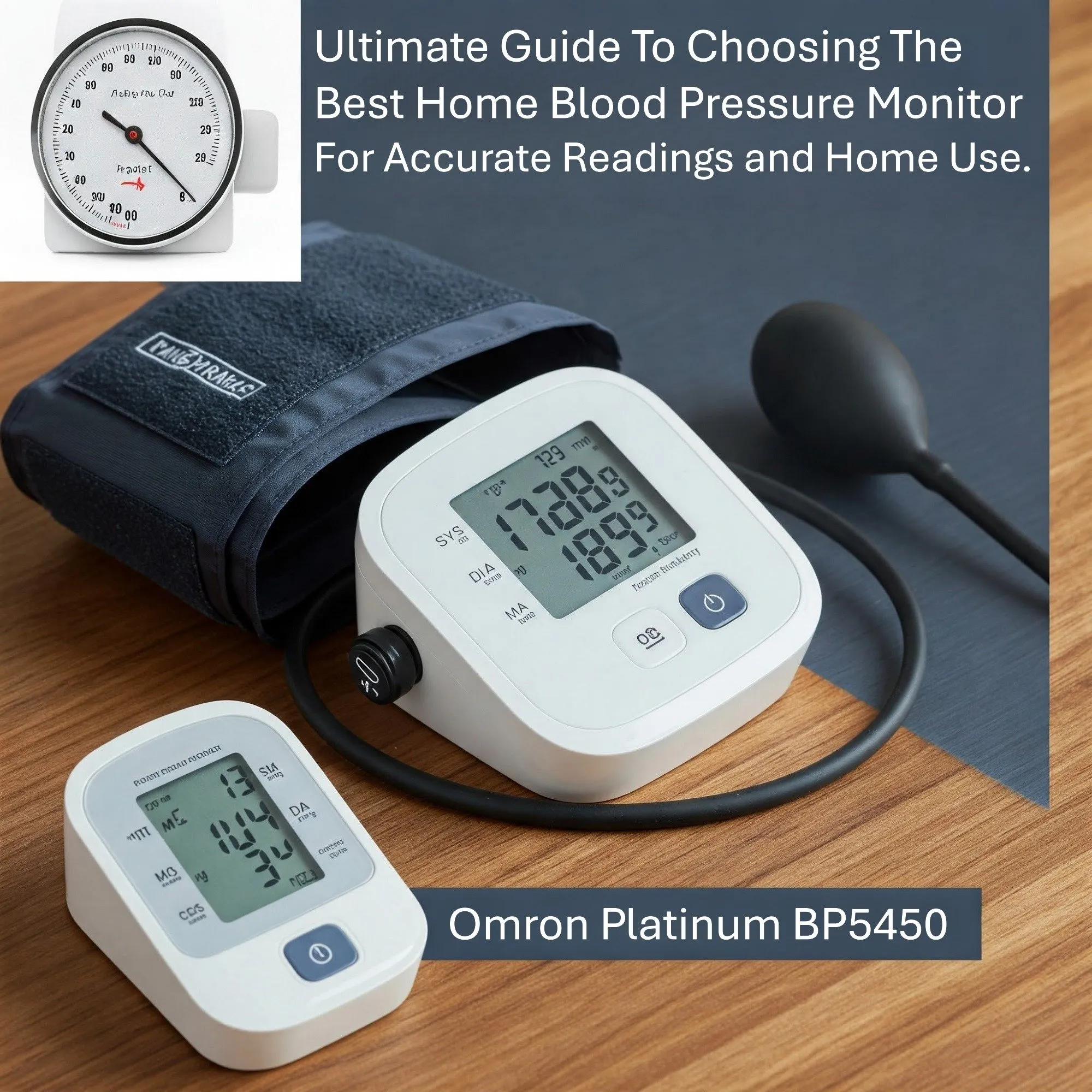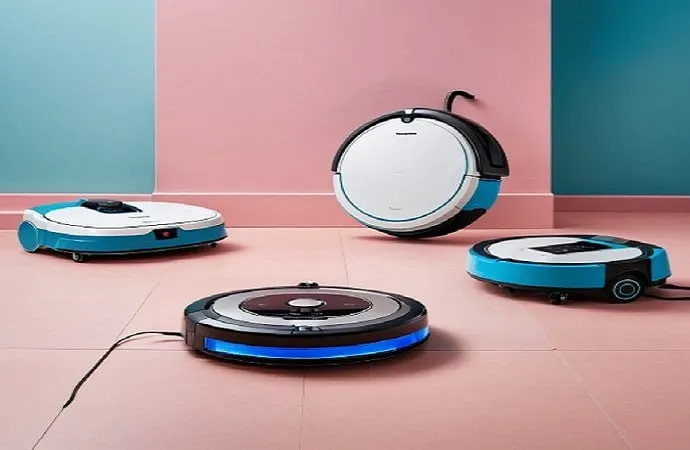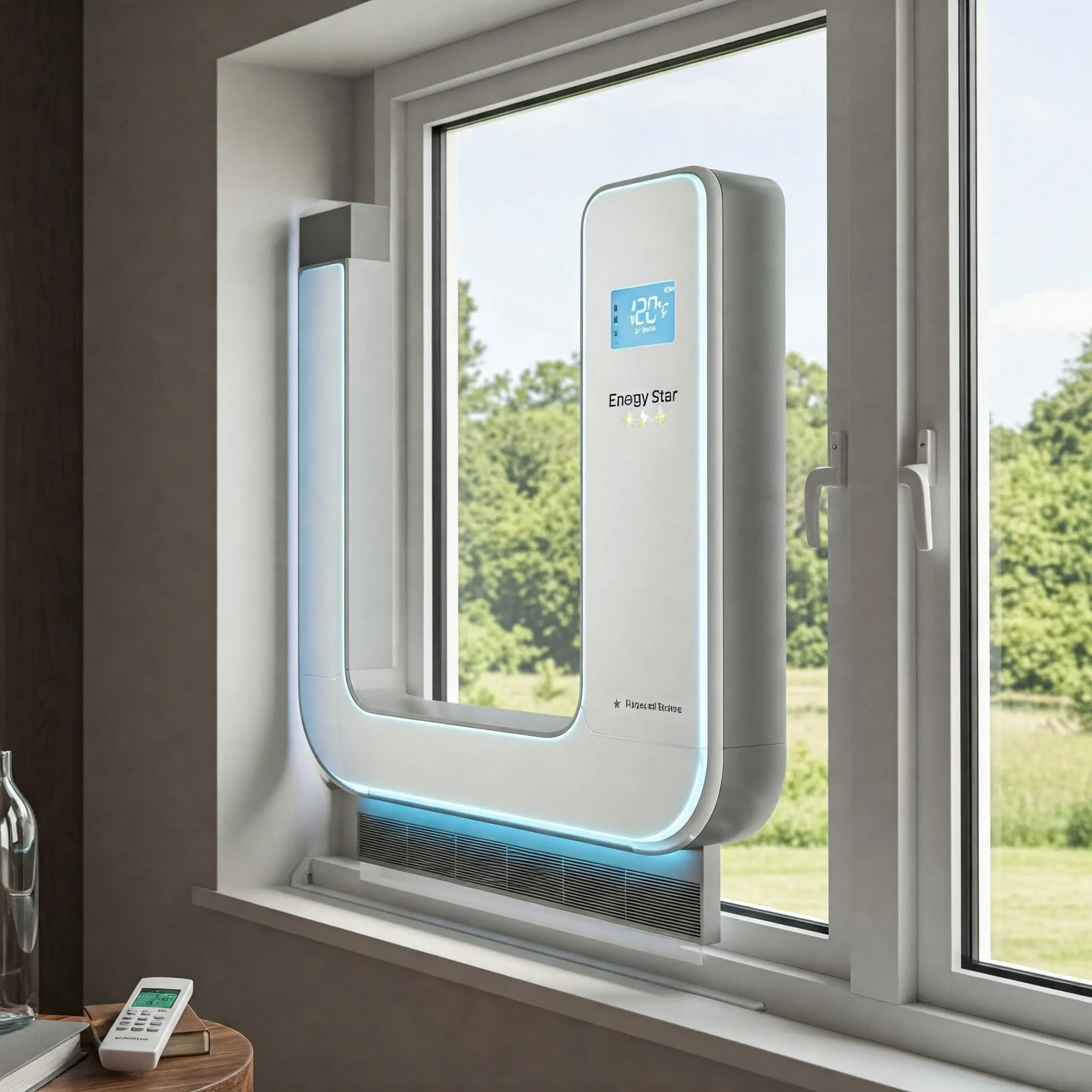Say Goodbye to Clogs: Your Ultimate Guide to Garbage Disposal Troubleshooting and Maintenance
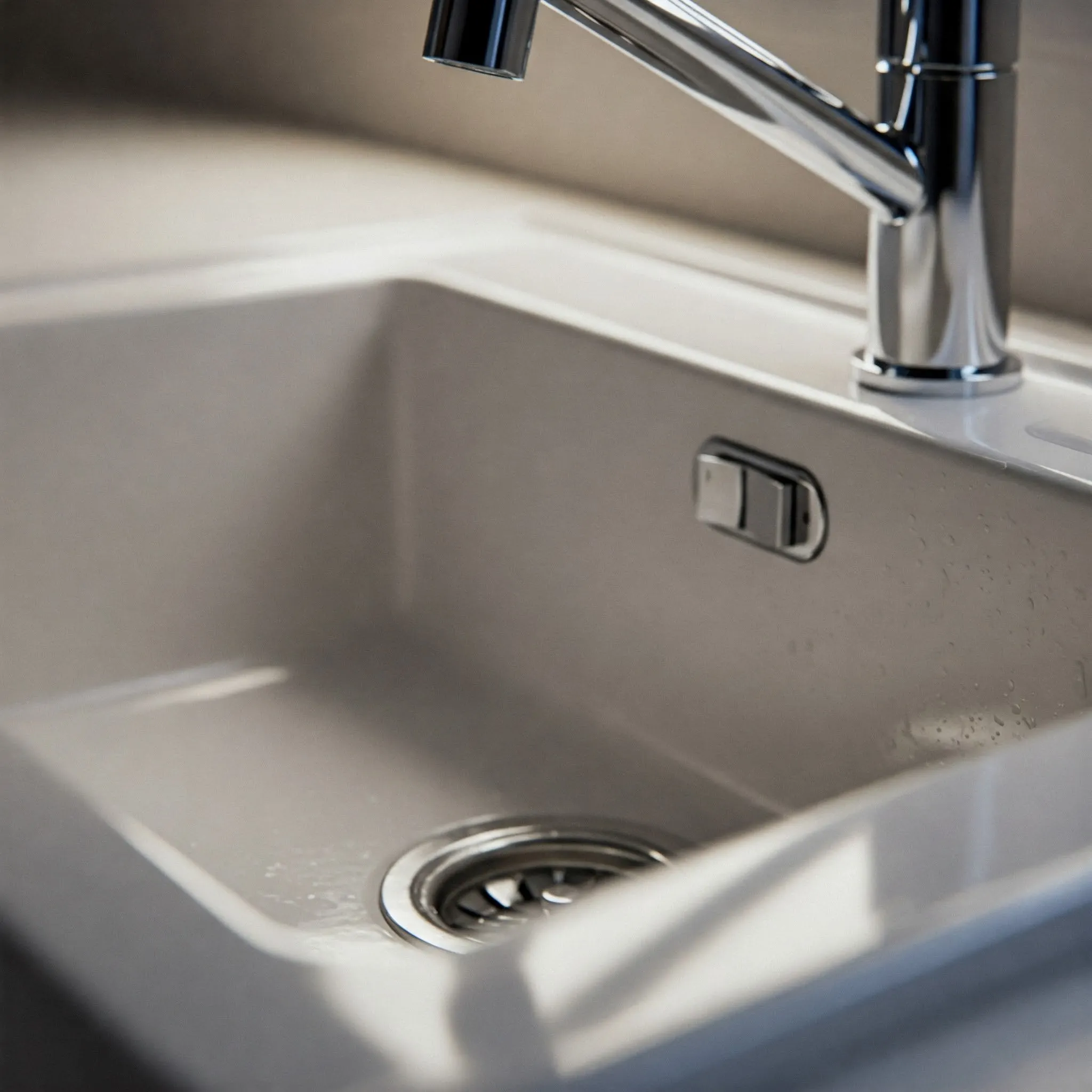
"Please be advised that we may receive compensation from the products featured on this page, and we participate in affiliate programs. Learn More ›"
Let's face it, we often take the humble garbage disposal for granted. This trusty appliance quietly works beneath our sink, diligently breaking down food scraps and making kitchen cleanup a breeze. It’s only when it grinds to a halt that we truly appreciate its value. A malfunctioning garbage disposal can throw a real wrench in your daily routine, turning simple tasks into frustrating ordeals. Imagine having to meticulously scrape every last bit of food into the trash or a compost bin – not exactly the most appealing way to spend your time, right? Plus, the lingering odors from food waste in the trash can quickly turn your kitchen into a less-than-pleasant environment.
Garbage disposals are designed to tackle a variety of soft food items generated during cooking and after meals. They save us significant time and effort, preventing the buildup of food waste in our regular trash. However, like any appliance, garbage disposals are susceptible to a range of issues. You might encounter frustrating problems like leaks, mysterious puddles under the sink, strange and unsettling noises, water that takes forever to drain, the unit refusing to turn on at all, or that dreaded inability to properly grind food. These problems can stem from the natural wear and tear of regular use or, more often than not, from simply not knowing what should and shouldn't go down the drain. We decided to tap into the expertise of several experienced plumbers to uncover the most frequent garbage disposal problems that homeowners face. And the overwhelming consensus? The number one issue is… frequent clogs.
====================================================================
The Number One Culprit: Why Garbage Disposals Get Clogged
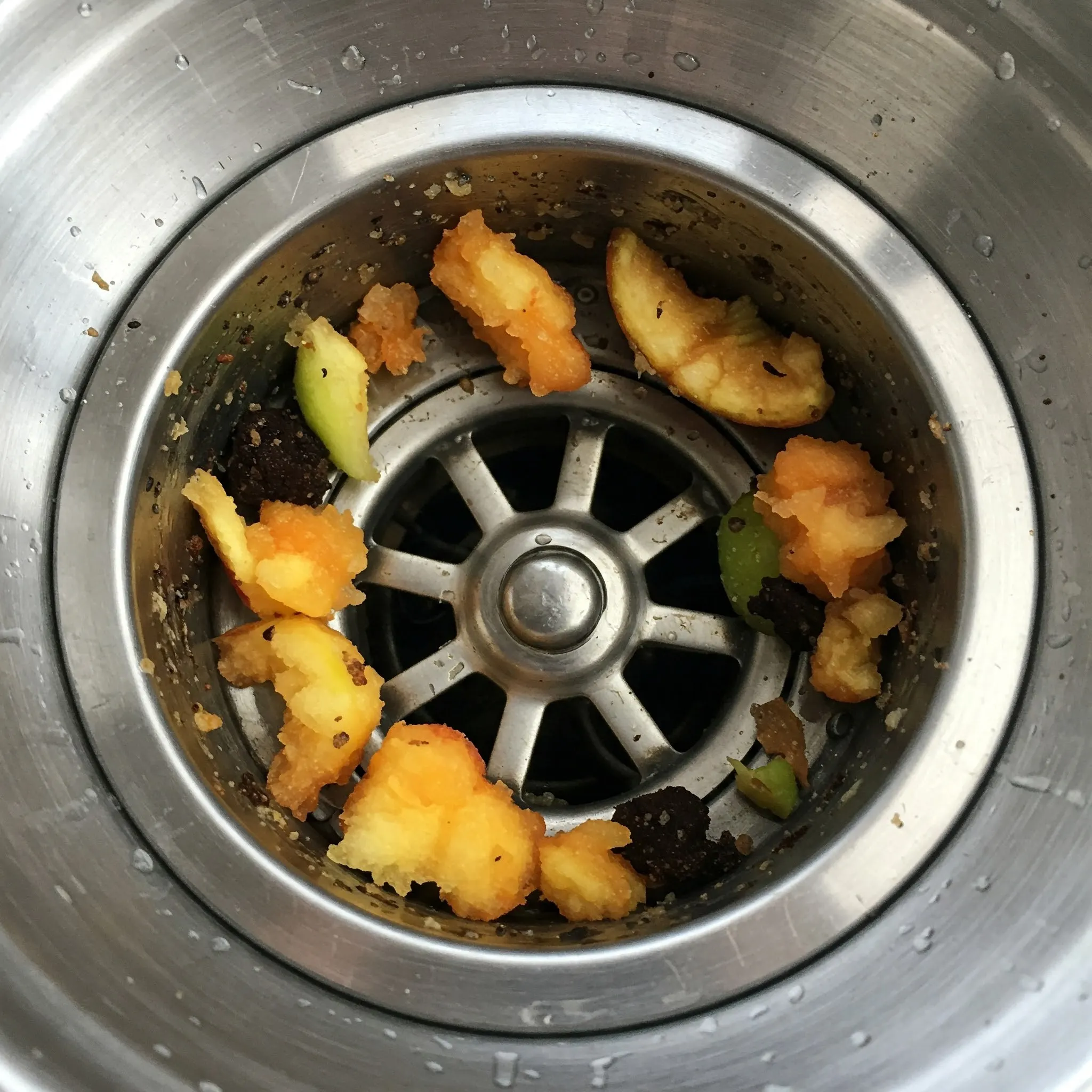
Plumbers consistently report that the majority of their garbage disposal service calls are due to clogged or jammed units. This frustrating situation prevents the disposal from doing its job effectively, leading to slow drainage, unpleasant smells wafting from your sink, and in the worst-case scenario, a complete system breakdown. So, what's the primary cause of these persistent clogs? More often than not, it boils down to improper use. Many homeowners mistakenly view their garbage disposal as a magical black hole where any and all food waste can disappear without consequence. This misconception leads to blockages, especially when items that are difficult for the disposal to handle, such as bones or large quantities of food, are introduced.
Think of your garbage disposal as a specialized tool with specific limitations. It’s not designed to handle everything you might want to toss down the drain. Certain types of food waste are notorious for causing problems. Fibrous, starchy, and greasy foods are particularly troublesome. Items like potato peels, celery stalks, eggshells, and coffee grounds can easily wrap around the grinding blades, hindering their function. Grease, on the other hand, can solidify inside the pipes, creating a sticky buildup that traps other debris and leads to stubborn clogs and poor drainage.
====================================================================
Common Mistakes: Foods That Spell Trouble for Your Disposal
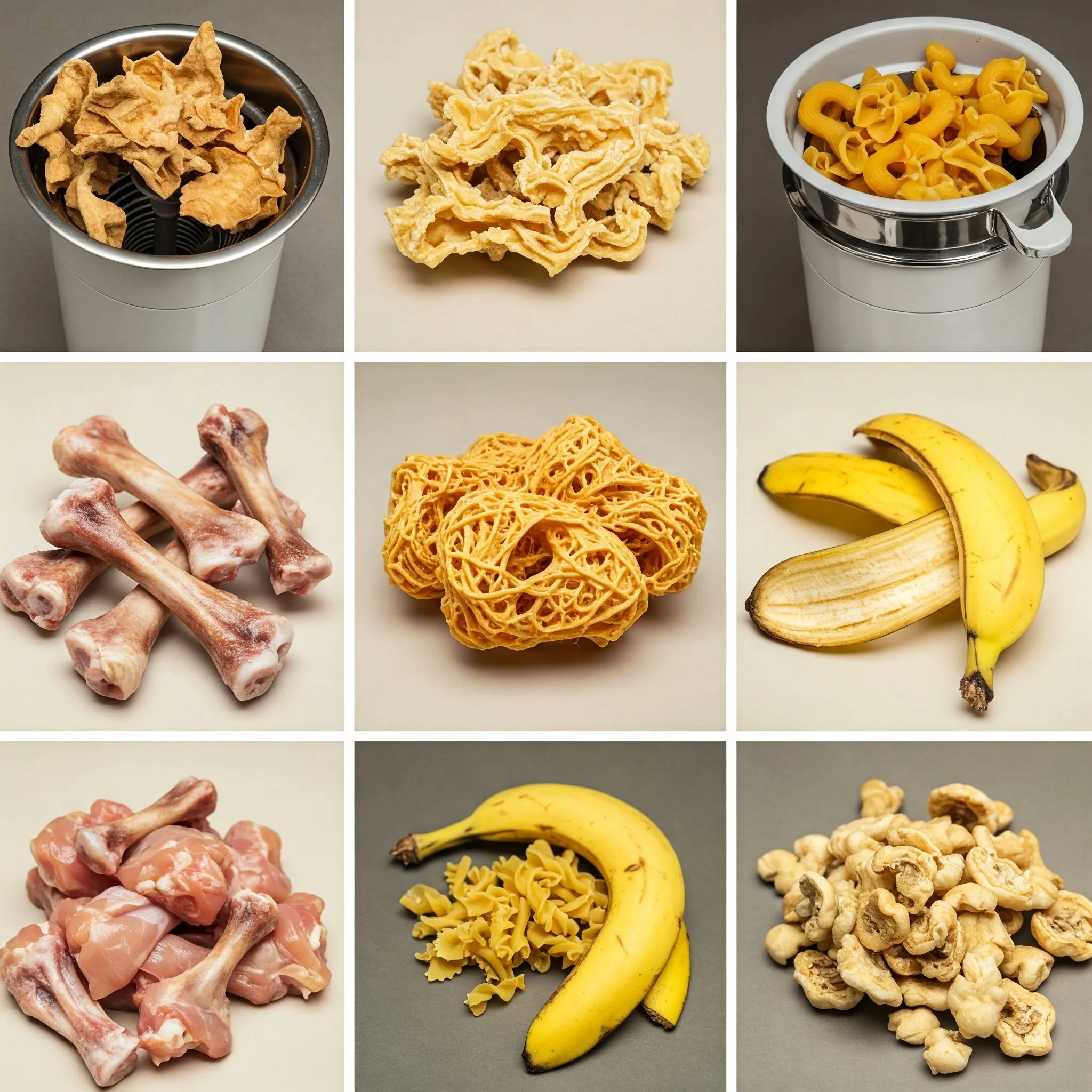
To keep your garbage disposal running smoothly, it's crucial to be mindful of what you put down there. Beyond the obvious culprits like large bones and excessive amounts of food, there are several other common food items that can wreak havoc on your disposal system. These include:
- Nuts: Hard and difficult to grind, they can damage the blades.
- Bones: Especially large or dense bones, can cause jams and even break components.
- Pasta: Swells up with water and can create a sticky mass.
- Fruit Pits: Hard and can damage the grinding mechanism.
- Seafood Shells: Can be difficult to grind and may contain sharp edges.
- Fibrous Vegetables: Like cornhusks and kale, their stringy nature can tangle around the blades.
Another common mistake that can lead to problems is overloading the disposal. Trying to grind too much food at once can strain the motor and potentially cause it to overheat and burn out. It’s always best to feed food waste into the disposal gradually.
====================================================================
DIY Rescue: Step-by-Step Guide to Unclogging Your Garbage Disposal
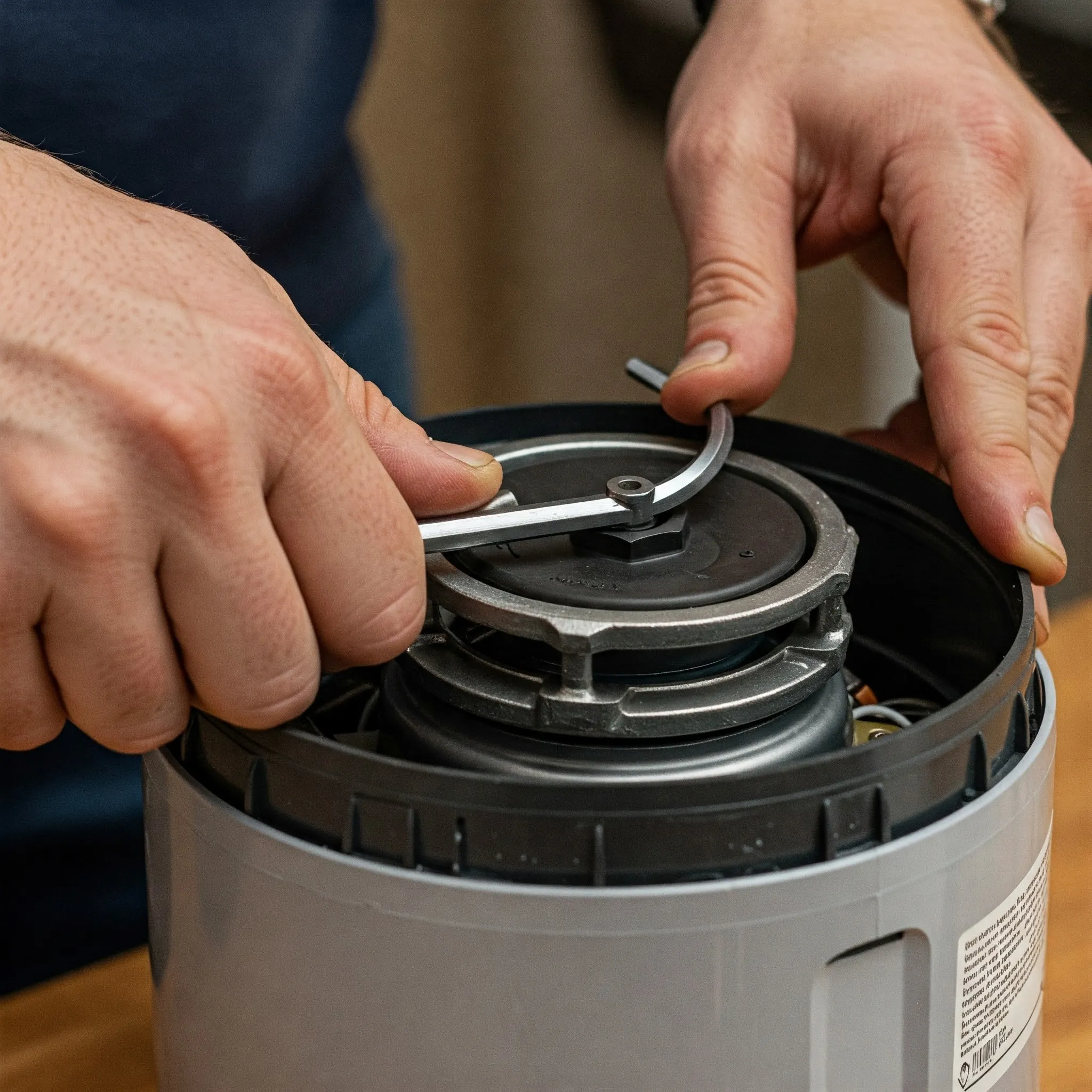
The good news is that you can often tackle minor garbage disposal clogs yourself with a few simple steps. Here’s a guide to help you get your disposal back in working order:
- Turn Off the Power: This is the most important safety precaution. Locate the circuit breaker that controls the garbage disposal and switch it off.
- Use an Allen Wrench: Most garbage disposals come with a small Allen wrench. Insert it into the designated slot on the bottom of the disposal unit and manually rotate it back and forth. This can often free up jammed impellers.
- Try a Plunger or Plumber's Snake: If the Allen wrench doesn't do the trick, try using a standard cup plunger or a small plumber's snake to dislodge the clog from the drain opening. Never use chemical drain cleaners. These harsh chemicals can damage the disposal unit and your plumbing pipes.
- Check the Reset Button: If your disposal is completely unresponsive, locate the small reset button, usually a red button, on the bottom of the unit and press it firmly. This might restart the motor.
- Address Drainage Issues: If water isn't draining properly, try using a plunger or a wet/dry vacuum to clear any blockage. If that doesn't work, carefully disconnect the trap (the curved pipe) under the sink and manually remove any debris. Be sure to have a bucket ready to catch any water.
====================================================================
When to Call the Pros: Knowing When DIY Isn't Enough
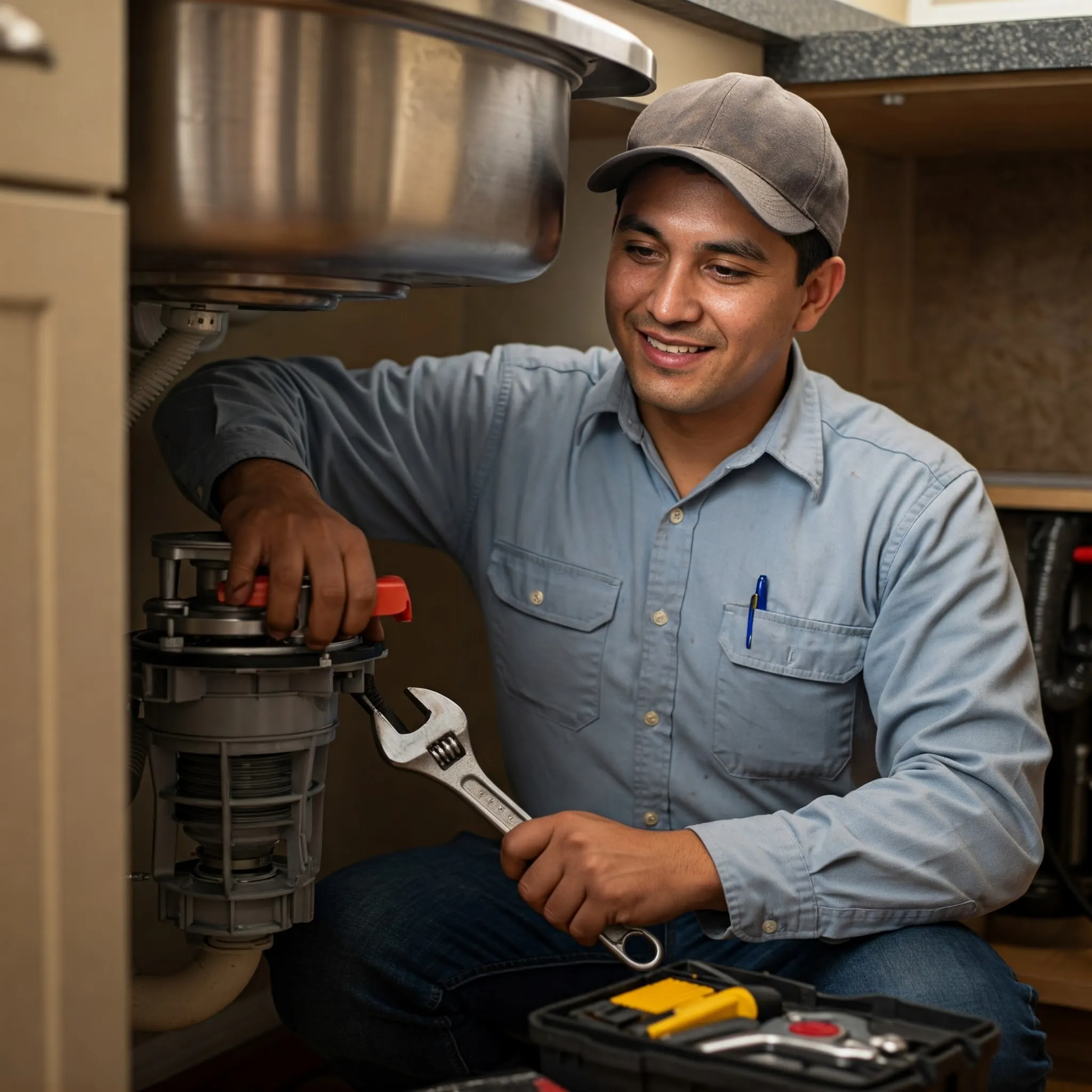
While many clogs can be resolved with a little DIY effort, there are times when it’s best to call in a professional plumber. If you’ve tried the steps above and your garbage disposal is still not working, or if you suspect a more serious issue like a leak or a motor problem, it’s time to seek expert help. Attempting to fix complex issues yourself could potentially lead to further damage or even injury. Expect to pay anywhere from $70 to $150 for a plumber’s service call, depending on the location of the clog and the complexity of the obstruction. While this might seem like an added expense, it’s often worth it to ensure the problem is resolved correctly and to prevent more costly repairs down the line.
====================================================================
Proactive Prevention: Simple Steps to Avoid Garbage Disposal Clogs
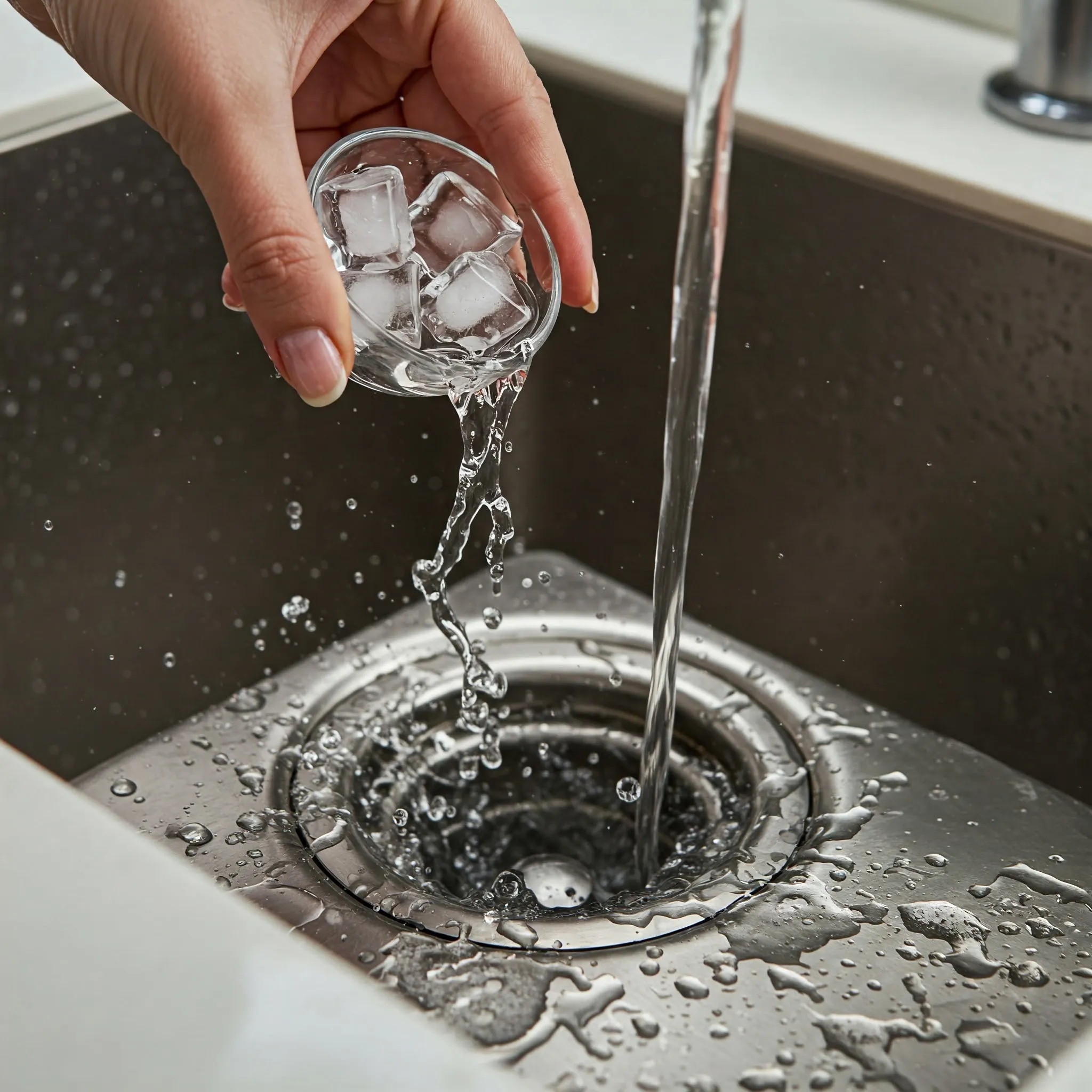
The best way to deal with garbage disposal problems is to prevent them from happening in the first place. Fortunately, there are several simple steps you can take to keep your disposal running smoothly for years to come:
- Run Cold Water: Always run cold water while using the disposal and for a few seconds after you’ve finished grinding food. The cold water helps to solidify grease, allowing it to be ground up and flushed away more easily.
- Avoid Problematic Foods: As mentioned earlier, steer clear of fibrous, starchy, and greasy foods, as well as nuts, bones, pasta, fruit pits, and seafood shells.
- Feed Food Gradually: Instead of dumping large amounts of food into the disposal at once, feed it in gradually while the water is running. This prevents overloading the motor.
- Clean Regularly: Regular cleaning can help prevent the buildup of gunk and odors. A simple trick is to grind up a few ice cubes along with a little dish soap. You can also use a mixture of baking soda and vinegar for a more thorough clean. For an extra boost, try freezing vinegar in ice cube trays or adding a bit of table salt to regular ice cubes before grinding.
- Grind Citrus Scraps: Toss in used lemon wedges or orange rinds. The acidic citrus helps to remove any lingering food particles and leaves behind a fresh, pleasant scent.
====================================================================
Considering an Upgrade: Modern Features for a Hassle-Free Experience
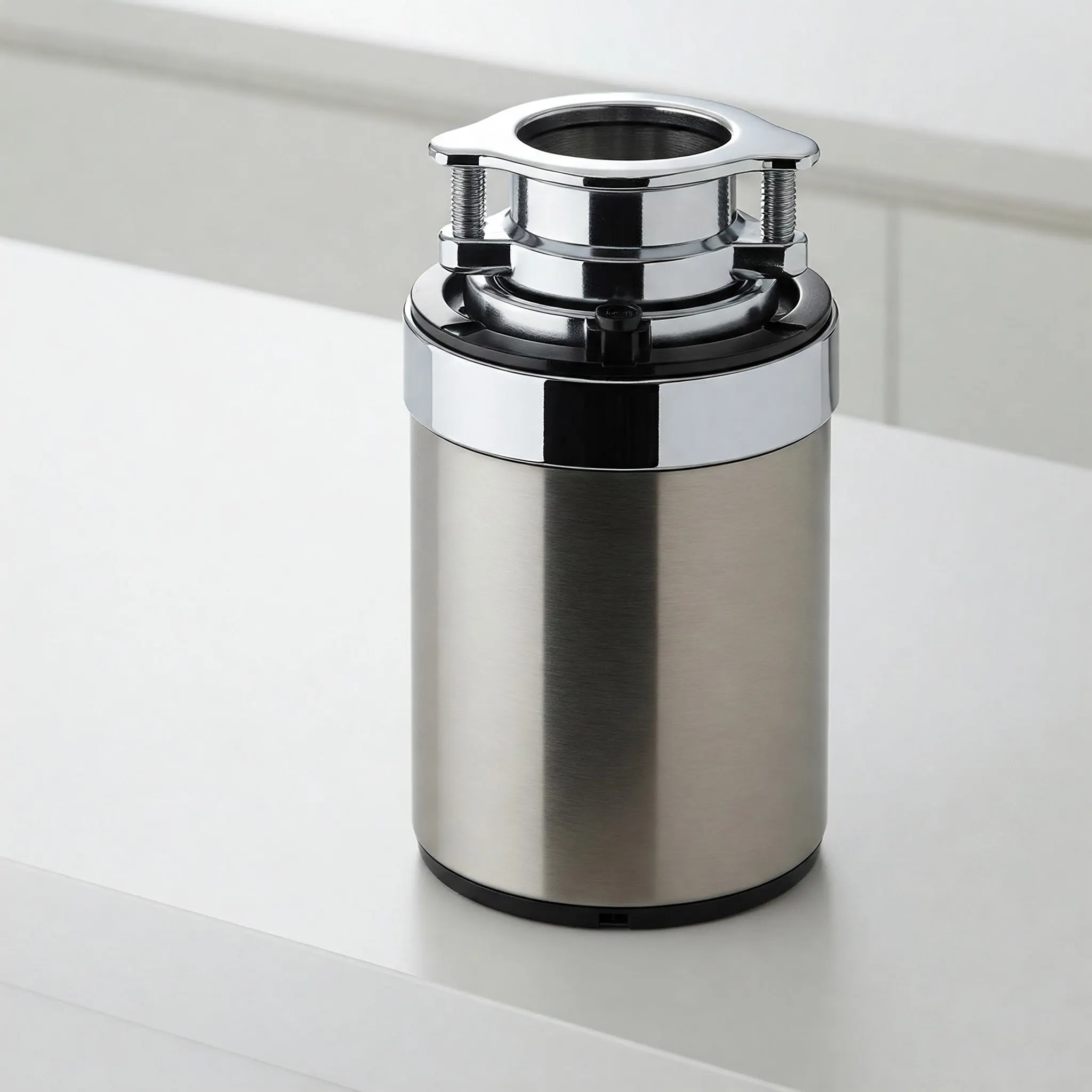
If you find yourself frequently battling garbage disposal clogs, it might be worth considering an upgrade to a newer model. High-power disposals are available that are designed to handle tougher food waste more effectively. Some newer models even come equipped with an anti-jamming feature. This clever technology can detect when the blades are becoming stuck and automatically reverse their direction, often dislodging the clog without any manual intervention. Investing in a more advanced garbage disposal can save you time, frustration, and potentially costly plumbing bills in the long run.
====================================================================
Final Thoughts: Keeping Your Kitchen Flowing Smoothly
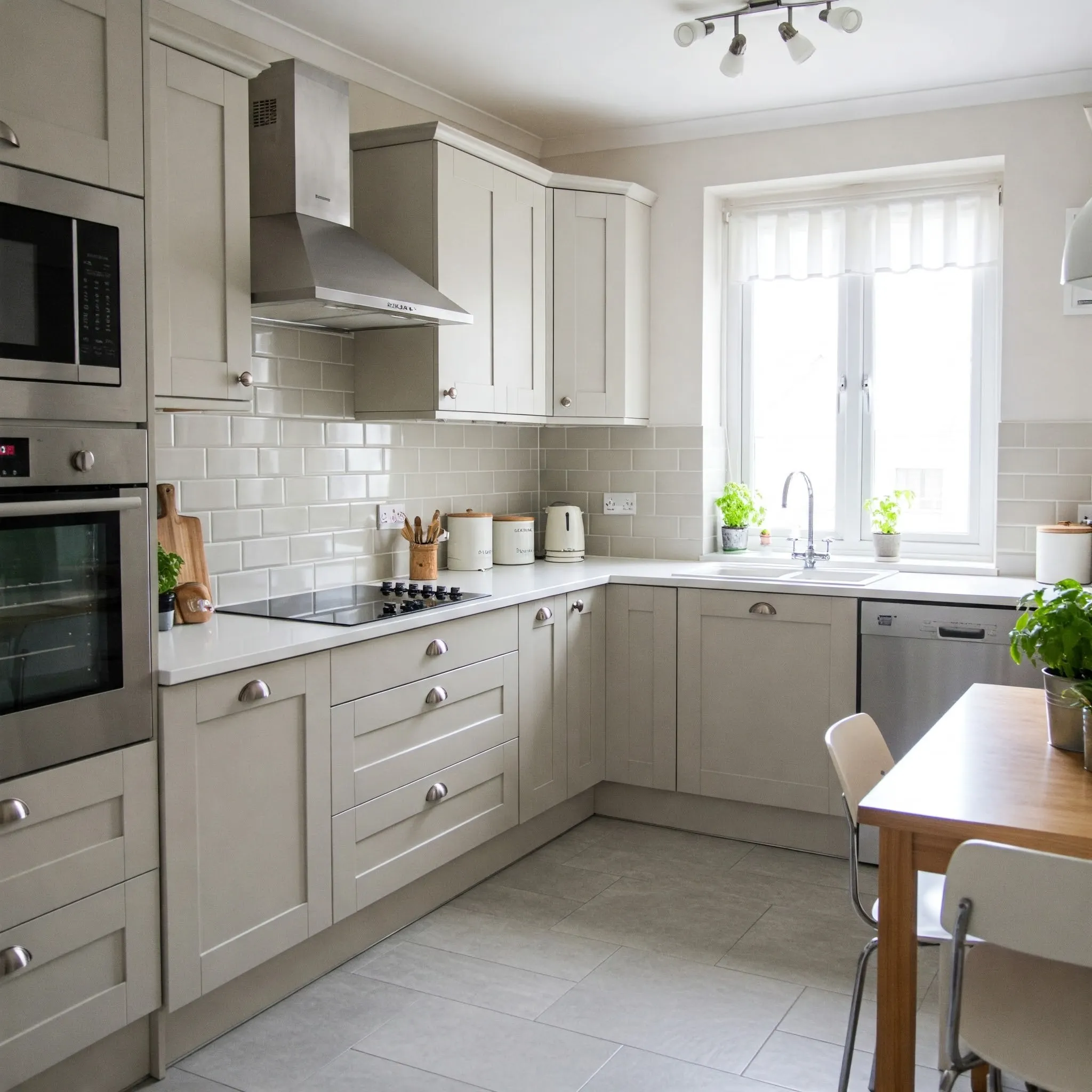
Your garbage disposal is a valuable asset in your kitchen, making cleanup quicker and more efficient. By understanding its limitations and following these simple tips for proper use and maintenance, you can significantly reduce the likelihood of frustrating clogs and other problems. Remember to be mindful of what goes down the drain, perform regular cleaning, and don't hesitate to call a professional when needed. A little care and attention will go a long way in keeping your kitchen running smoothly.
====================================================================
Key Takeaways: Your Quick Guide to Garbage Disposal Care
- Clogs are the most common garbage disposal problem.
- Improper use, especially putting the wrong types of food down the drain, is the main cause of clogs.
- Avoid fibrous, starchy, and greasy foods, as well as nuts, bones, pasta, fruit pits, and seafood shells.
- Run cold water while using the disposal and feed food gradually.
- Clean your disposal regularly with ice and dish soap or baking soda and vinegar.
- You can often unclog a disposal yourself using an Allen wrench, plunger, or plumber's snake.
- Never use chemical drain cleaners in your garbage disposal.
- Know when to call a professional plumber for more complex issues.
- Consider upgrading to a high-power model with an anti-jamming feature for a more hassle-free experience.





